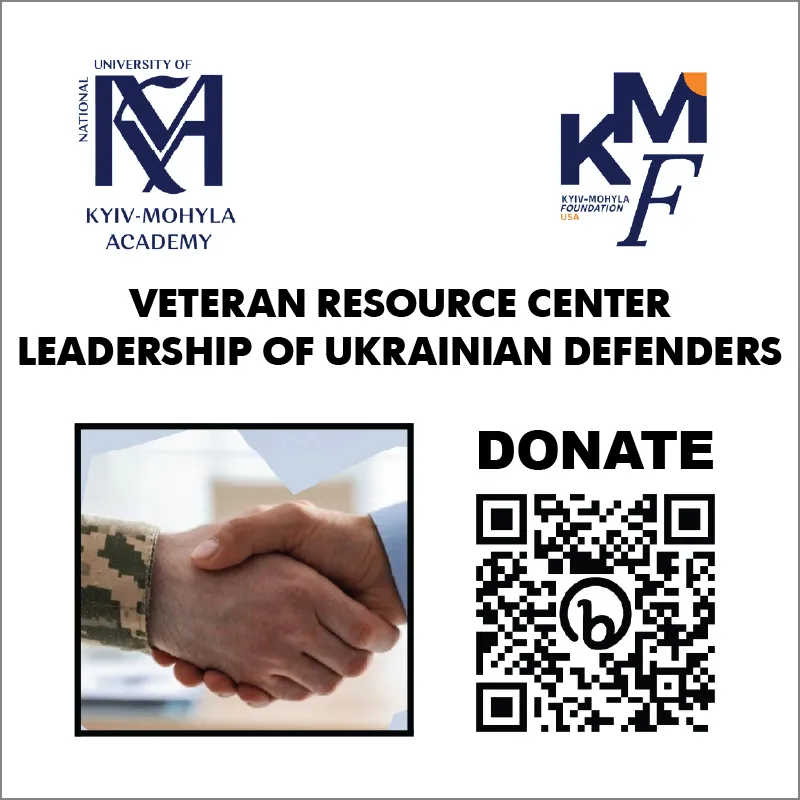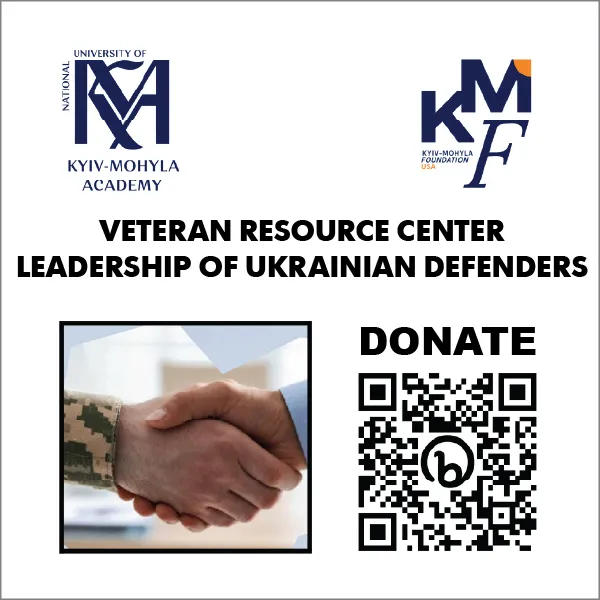
From Istanbul to Istanbul
May passed under the auspices of Istanbul for Ukraine. And so did the “negotiations” with the aggressor in the same city in 2022. It is doubtful that Ukraine can count this round as a victory.
Let's start with the fact that the negotiations were supposed to take place, and ultimately did take place, not on the initiative of the Ukrainian side. Our position has not changed publicly for more than three years since the full-scale aggression by Russia began: we have called for the return of all Ukrainian territories occupied since 2014 without exception and compensation for all damages caused by the destruction of our country. It is obvious that as long as the bloodthirsty Putin remains on the Kremlin throne and Russia itself has not suffered a military defeat, there is no hope that these essentially fair demands will be met. But on the other side, Russia, was not the initiator of the “negotiations” either. The negotiation track was the brainchild of the new US administration headed by its new leader, Trump. We were pushed into the negotiation process with a losing position from the outset – not only against the backdrop of the slow but steady advance of Russian troops, but also with direct or veiled threats from our biggest ally, the United States, to stop or significantly reduce financial and military aid.
The location of the “negotiations” was also not chosen by us. Although Turkey is a member of NATO, it maintains so-called “neutrality” regarding Russia's war against Ukraine. In the Ukrainian media and social networks, one can often see abundant criticism of our European and American allies. Although in reality, they have provided us with enormous material and military assistance. On the other hand, there is virtually no such criticism of Turkey. Paradoxically, we criticize those who help us more because the aid is slow and insufficient. It is logical that we want more and faster aid. But it is Turkey that has not imposed any sanctions on Russia, and it is through Turkish airports that Russians are able to fly from their neo-fascist homeland all over the world. In essence, “neutral” countries are helping the Russian economy to develop with their neutrality and are making a huge dent in attempts to isolate the aggressor. That is why the Russian side categorically rejects the idea of continuing negotiations, for example in Switzerland or the Vatican. For them, neither Switzerland nor even the Vatican are acceptable because they are considered to be supporting Ukraine. So, the negotiating platform is actually being imposed on us by the aggressor. If in 2022 Ukraine agreed to Istanbul while enemy tanks were still on the right bank of our country, then in March 2025 it did so under pressure from our biggest ally.
Ukraine and our European allies attempted to counterbalance the pressure exerted by the US side regarding negotiations without any prior commitments. The initiative, which was intended to somehow balance the unfavorable negotiation process, was the idea of a 30-day truce as a sign of readiness for at least some compromise solutions in the future, which was repeatedly voiced by the Ukrainian leadership and EU politicians. Nevertheless, Russia had no intention of stopping its creeping advance on the front lines and constant bombing of Ukrainian territory. In the end, the Ukrainian delegation arrived in Istanbul without a ceasefire and thus backed down from its previous demand.
In response to Russian dictator Putin's May 11 statement on the Istanbul talks, there was another Ukrainian initiative, but it was purely emotional and doomed to failure from the outset. On the same day, Volodymyr Zalenskyy tried to hijack the agenda. In his usual style, he said he would personally wait for Putin in Istanbul. In 2019, such a “boyish” challenge was thrown at Poroshenko, and he, accustomed to public politics, accepted it, responding with “Stadium, yes stadium,” and subsequently lost these “stadium debates” completely, only strengthening the position of his opponent, Zelenskyy. But in politics, the same tactics are rarely repeated successfully twice. It was naive to expect Putin to repeat Poroshenko's mistake. Not to mention that Putin's personality type is not prone to improvisation; he dislikes and fears it, being more accustomed to long-term planning.
Therefore, on May 16, the Istanbul “negotiations” were conducted not by presidents, but by delegations. Ukrainian politicians and media gloated after the fact about the unrepresentative, “sham” composition of the Russian negotiating team, as Zelenskyy put it. But these accusations only emphasized that the Ukrainian delegation had fallen into a trap at these negotiations. Firstly, in 2022, in the same Istanbul, the Russian delegation was headed by the same Medinsky, who has been Putin's formal assistant since 2020, but at that time no one called him “sham.” And secondly, if the composition of the enemy delegation is fake, then why negotiate with them, because negotiating with “fakes” is demeaning.
The content of the negotiations could have been predicted in advance: the parties had to come up with inflated demands, which, in theory, could be adjusted at later stages. The Russian delegation issued a series of arrogant and aggressive “demands” to hand over to occupation what they have been unable to take by force for years: the free territories of the Kherson, Zaporizhzhia, Donetsk, and Luhansk regions, which a priori could not be accepted by the Ukrainian side. Therefore, there was no meaningful discussion about a “ceasefire.”
The Ukrainian delegation, which was much more representative in terms of its composition, proposed the idea of a direct meeting between the two presidents: Zelenskyy and Putin. It is not certain that this idea is a good one. First, it emphasizes that the Ukrainian delegation, despite its supposedly representative composition, is not actually authorized to make independent decisions, and that all decisions of a fundamental nature are made solely by the president. Even if this is the reality, it is hardly advisable to emphasize it publicly. Secondly, calls for public dialogue with Putin legitimize this Russian scoundrel.
So what positive outcome can be expected from these failed “negotiations” in Istanbul, into which Ukraine was driven by its “senior ally”? One positive aspect is the agreement to exchange 1,000 prisoners for 1,000. Even if it is possible to get one person out of Russian torture chambers, it is worth negotiating for that, and here we have a record number – a thousand of our defenders who have returned to their families! However, despite all the positives, this turned out to be the bait that our delegation could not refuse. In other words, they actually calculated us in advance and lured us into the trap with an irresistible bait. In reality, however, negotiations on prisoner exchanges are ongoing, and the exchanges themselves are ongoing. And in Istanbul, the agreement on such an exchange was, again, based on the Russian algorithm. Unfortunately, the enemy has several times more of our prisoners, so Ukraine is interested in an exchange based on the “all for all” formula, while the Russians, on the other hand, seem to be engaged in slave trade and exchange “head for head” in equal numbers. So even this positive “thousand for a thousand” exchange actually took place on Russia's initiative and according to Russian rules.
As a result, we ended up legitimizing the enemy, legitimizing Putin personally, and getting no respite, with Russian missiles flying at our cities with even greater intensity.
Putin, now legitimized after Istanbul, was allowed to have a two-hour telephone conversation with Trump, where he allowed himself to discuss Melania, the wife of the American president. We do not discuss our wives and loved ones with our enemies, and this looked a bit like friendly chatter to the outside world. Therefore, such “humanization” of an aggressor, whose hands are covered in blood, weakens Ukraine's position in the world. This significant weakening of Ukraine's position is a consequence of the “May Istanbul” that we were pushed into. It is not yet catastrophic, and it is still possible to turn things around in our favor, but to do so, we must learn to draw conclusions from our own mistakes and blunders. The war will continue for a long time.





